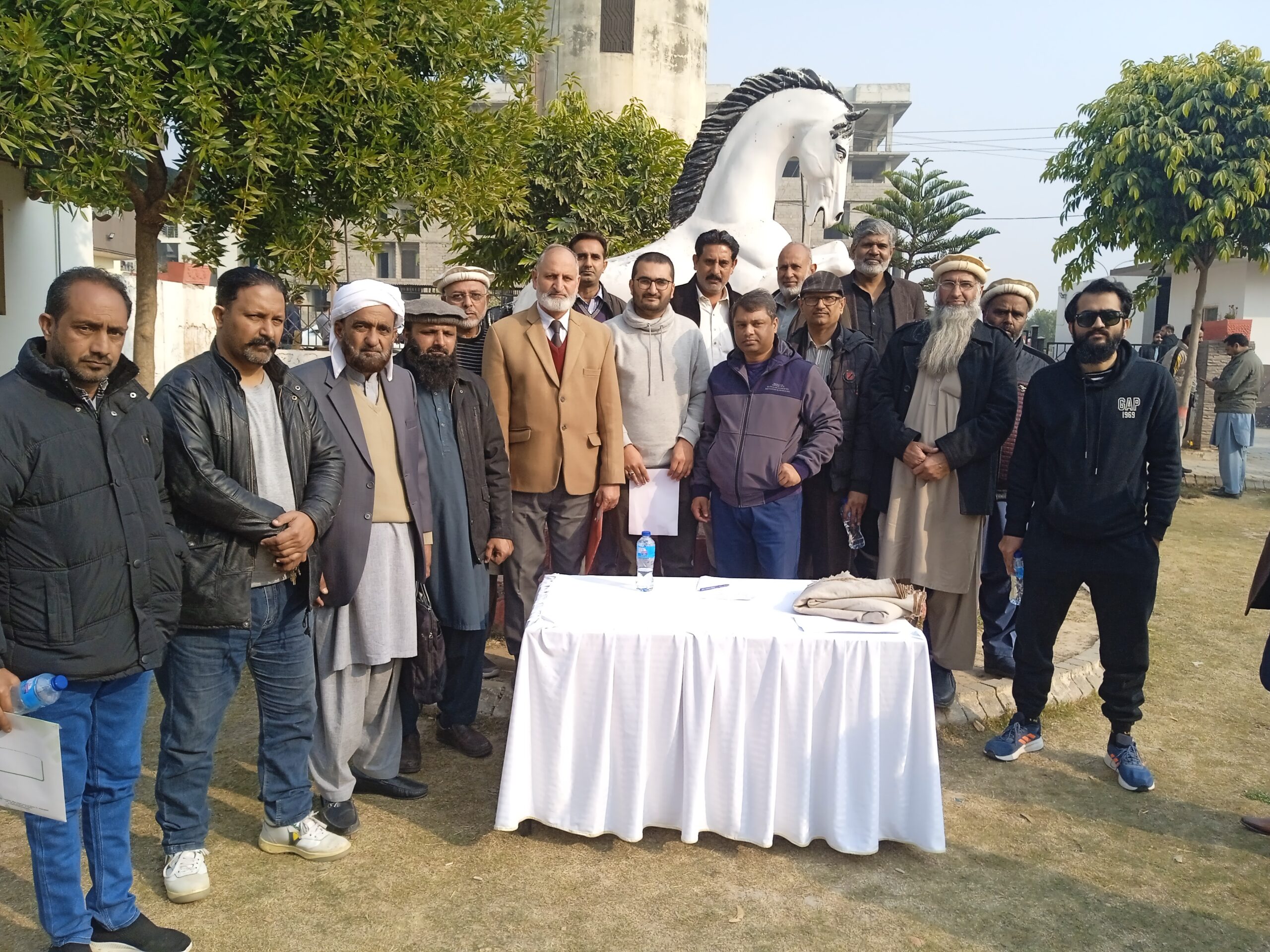Strategic Investments as the Lifeline for Pakistan’s Sustainable Future
Pakistan, located in South Asia, boasts a diverse landscape, rich cultural heritage, and a young and vibrant population. Despite these strengths, the country grapples with several issues such as poverty, inequality, and inadequate infrastructure. In this scenario, strategic investments become imperative to drive economic growth, foster social development, and ensure environmental sustainability. By channeling resources into key sectors, Pakistan can address the root causes of its challenges and pave the way for a more prosperous future.
Pakistan a country with immense potential is facing numerous challenges in its quest for sustainable development. One critical aspect that can pave the way for Pakistan’s sustainable future is strategic investments. Through targeted investments in key sectors, Pakistan can unlock growth opportunities, foster innovation and create jobs to improve the quality of life for its citizens. The significance of strategic investments as the lifeline for Pakistan’s sustainable future, highlighting the key areas where investments has needed the potential benefits them can bring.
Improving infrastructure, such as roads, ports, and airports, can enhance connectivity within the country and facilitate trade and commerce. Investing in agriculture, which employs a significant portion of the population, can increase productivity and ensure food security. Investments in renewable energy sources like solar and wind power can help meet the country’s growing energy demands while reducing reliance on fossil fuels.
Strategic investments in infrastructure are crucial for Pakistan’s sustainable future. The country requires modern transportation networks, energy systems, water supply, and communication facilities to support economic growth or development. The investing in infrastructure projects, such as roads, railways, ports, and energy infrastructure, Pakistan can enhance its connectivity, attract foreign investment, and spur economic activity. Improved infrastructure will not only create employment opportunities but also boost productivity and efficiency across various sectors.
Investing in education and skills development is essential for building a knowledge-based economy in Pakistan. The allocating resources to education, vocational training, and research facilities, the country can equip its workforce with the necessary skills and competencies to thrive in a rapidly evolving global landscape. A well-educated and skilled workforce can drive innovation, entrepreneurship, and productivity, ultimately leading to sustainable economic growth. Moreover, investments in education can help reduce poverty, inequality, and social disparities, laying the foundation for a more inclusive society.
Pakistan faces significant challenges in the energy sector, including power shortages, reliance on fossil fuels, and environmental degradation. Strategic investments in renewable energy sources, such as solar, wind, and hydropower, can address these challenges while promoting environmental sustainability. The transitioning to clean and renewable energy sources, Pakistan can reduce change impacts, and ensure energy security for its growing population. Sustainable energy investments not only support economic growth but also contribute to environmental conservation and sustainable.
Agriculture is a vital sector of Pakistan’s economy, employing a large segment of the population and contributing significantly to GDP. Strategic investments in agriculture and rural development can boost productivity, enhance food security, and alleviate poverty in rural areas. The supporting smallholder farmers, promoting sustainable farming practices, and improving access to markets and technology. Pakistan can transform its agricultural sector and create a more resilient food system. Investments in rural infrastructure, irrigation systems, and agricultural research can enhance the productivity and sustainability of the sector, leading to long-term economic benefits.
The strategic investments can pave the way for Pakistan’s sustainable future by examining the impact on economic prosperity, social welfare, and environmental conservation. Strategic investments play a vital role in shaping the sustainable future of countries around the world. In the case of Pakistan, a nation with a rich history and abundant potential, strategic investments are crucial for providing the necessary resources and momentum to drive economic growth, social development, and environmental sustainability.
Strategic investments are essential for Pakistan’s economic growth, as they can stimulate key sectors such as infrastructure, manufacturing, and technology. Infrastructure projects, such as the construction of roads, bridges, and ports, not only create jobs but also enhance connectivity within the country, promoting trade and commerce. Investments in manufacturing industries can lead to increased production, export potential, and revenue generation. Funding for technological advancements can boost innovation, productivity, and competitiveness in the global market. For instance, the China-Pakistan Economic Corridor (CPEC) is a prime example of a strategic investment initiative that aims to transform Pakistan’s economic landscape through infrastructural development and trade connectivity with China.
Strategic investments are essential for Pakistan’s sustainable future, providing the necessary resources and momentum to drive economic growth, social development, and environmental sustainability. The focusing on key areas such as infrastructure development, education, renewable energy, and agriculture, Pakistan can unlock its potential and overcome various challenges hindering its progress. Through targeted investments and thoughtful planning, Pakistan can build a resilient and prosperous future for its citizens, ensuring long- term stability and growth. It is imperative for policymakers, investors, and stakeholders to prioritize strategic investments as the lifeline for Pakistan’s sustainable development journey.
As climate change poses a growing threat to the planet, investing in environmental sustainability is crucial for Pakistan’s long-term wellbeing. The country is vulnerable to natural disasters like floods and droughts, emphasizing the need for investments in disaster
management and climate adaptation measures. Promoting sustainable practices in sectors like agriculture or industry can help mitigate the environmental impact of economic activities and ensure a greener future for Pakistan.




